Insistent and incessant loops built from clustered assemblages of staccato chunks of sound achieve a kind of weightless velocity, churning heat out from the furious friction of its own kinesis, droning like humming industrial machinery we eventually learn to tune out.
After nine years and five full-length albums to his credit, I’m still waiting for Kangding Ray to make a legitimate summertime record. Breezy and balmy—a product, perhaps, of an extended vacation in the Mediterranean; a record inspired by soft sand underfoot, cool salt air rising off the exotic blue waters, and rocky cliffs dotted with pastel-colored villas looking out to the horizon…
I’m starting to think it might never happen.
As much of a cliché it might be, it’s really quite impossible to hear French multimedia artist David Letellier’s music as Kangding Ray without conjuring sympathetic images of severe weather that neatly correspond to the scale and depth of his long-playing records for the Raster-Noton label. Imagine gloomy, eroded coastal landscapes populated by leafless trees bent sideways from years of relentless punishment, seen safely from a distance inside a small, comfortable hillside cottage and you’d come close to understanding this artist’s remarkable aesthetic consistency. Torrents and storms of wintry wind animate recent albums OR and Solens Arc, beautiful and menacing like black clouds expanding on pale yellow skies; and of course with album titles like Automne Fold it’s hard to argue the source of inspiration for the music’s somber warmth and tactile bite. Letellier possesses a unique ability to successfully replicate the sensations of natural world (as cold and uninviting as they may be) through thoughtful compositional processes, technological mastery, and imagination. Often we rely heavily on and take for granted a record’s particular temporal or instrumental cues in order to easily categorize or make sense of the contextual impact it may have on our lives. But Kangding Ray doesn’t just make cozy music intended for cold days: he makes albums that are entire microclimates in themselves, the digitized sounds they contain behaving like earthly elements in some complex, volatile arrangement with one other.
Cory Arcane, however, Letellier’s baffling new concept album about a transgressive female dancer seeking unfettered freedom at the fringes of society, is anything but a mundane recap of the five-day forecast. In short, it’s a bizarre departure for the artist and a leap, for better or for worse, into even darker and more unsettling zones than we’ve come to expect from a Kangding Ray release. With its disconcerting reliance on four-to-the-floor rhythms, Cory Arcane trades on the present and growing fascination with dance music, in turn undermining many of the nuanced attributes that makes Letellier such an interesting artist to begin with. Worse still, it may divide a loyal audience perfectly content to soak up the generous emotional and intellectual rewards of the work in which they know he’s capable.
Letellier has often flirted with certain quantities and qualities of “proper” techno in his previous work, delicately referencing the influence the genre has clearly had on him—pushing those impulses further to the forefront with last year’s Solens Arc—but not until now has he unreservedly occupied himself with taking the familiar form to task. Chalk it up to recent appearances on Secret Thirteen or Boiler Room displaying a refreshing adeptness in dancefloor direction (and playing to great effect the role of “adventurous DJ,” a near-mythological creature one hears much about but seldom encounters) to explain his increasing interest in more upbeat material. But given his indisputable production skill and the stylistic range found in his DJ sets, why his new tracks would take the form of joyless warehouse techno filled with impetuous, nihilistic aggression is beyond me; he really could have gone anywhere. The relentless pulse of straight-ahead techno will never, under any circumstance, move a living room like a big room, and while Letellier can easily rationalize an album full of grating, haywire techno by inventing a madcap dancer to play the album’s protagonist, why not just press up a couple of sides of wax for Stroboscopic Artefacts and call it a day?
“Acto” opens the album with a red herring, entreating us right from the start with those sumptuous KR signatures we all know and love by now: bass frequencies that seem to fill the room by sucking all the air out of your body, beguiling granular tone clusters forming solemn chords stretching out like a long shadows in late afternoon, and freeze-dried pellets of percussion fusing with sparkling flurries of arpeggios luminous against the darkening sky. Thrilling as it may be, the highlights come fewer and farther between for the remaining three-quarters of an hour. Like brief boreal sunrises, “These Are My Rivers,” “Burning Bridges,” and “When We Were Queens” all possess flickering fragments of de-saturated color that occasionally drift into focus but they’re pushed to the wings while the heavy-handed rhythms take center stage. Criticisms aside, Letellier is still no slouch despite shifting his attention toward the more physical aims of beat-driven techno. Insistent and incessant loops built from clustered assemblages of staccato chunks of sound achieve a kind of weightless velocity, churning heat out from the furious friction of its own kinesis, droning like humming industrial machinery we eventually learn to tune out. If it’s trance-like ecstasy he’s searching for by sweating it out, he’s just about found his stride.
Positively opulent in comparison to the deep roster of Noton artists using only a handful of inexpressive, inhuman sounds to mine loose, off-the-cuff funk, Kangding Ray’s expanded musical palette has lent itself to an alternate brand of unconventional and propulsive groove, one that’s anchored by liberal dosages of rich harmonic texture and obsessively rendered sound design. Letellier is keen operator and knows exactly how to deliver big, impactful statements by stitching together alternating moods and carefully managing the proportions of density and space, his tracks suspended in tension like a low-pressure westerly wind right about to slam into an artic front. But for the most part this new collection of tunes leaves me soaked and shivering like being stuck in a squall without a raincoat.
Who are you, Cory Arcane? Sometimes I can’t tell if you’re another great Kangding Ray record patiently waiting for me to understand you or just a keyed-up Plastikman clone, raw from one too many sleep-deprived nights. In either case, go get some much-needed sunshine and write that epic summer jam we’ve all been waiting for.
Cory Arcane is available on Raster-Noton.







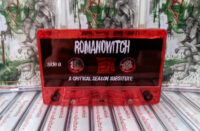
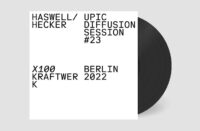
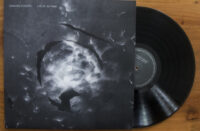

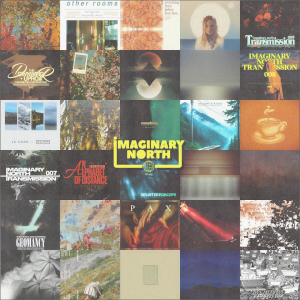
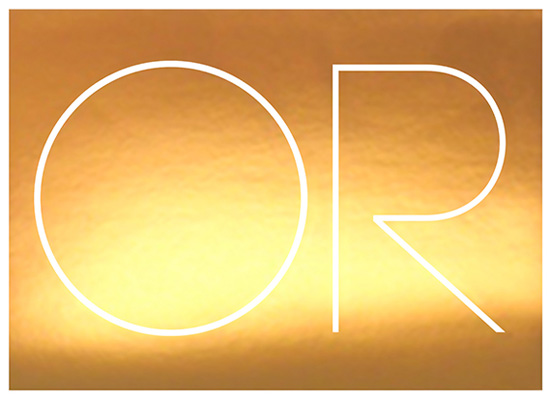
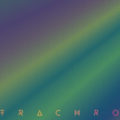
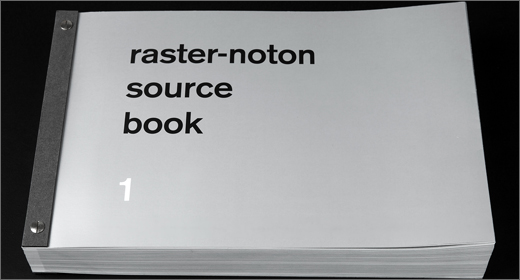
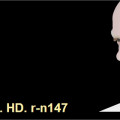
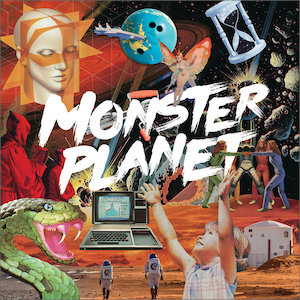

![Romanowitch :: A critical season substitute (glitch.cool) — [concise]](https://igloomag.com/wp/wp-content/uploads/2025/03/romanowitch-a-critical-season-substitute_tape_feat-75x75.jpg)








